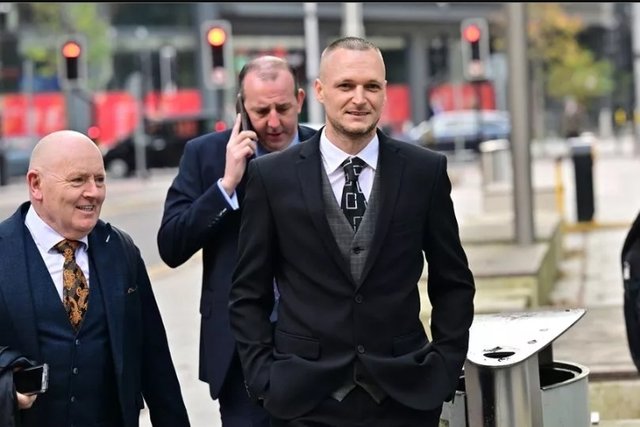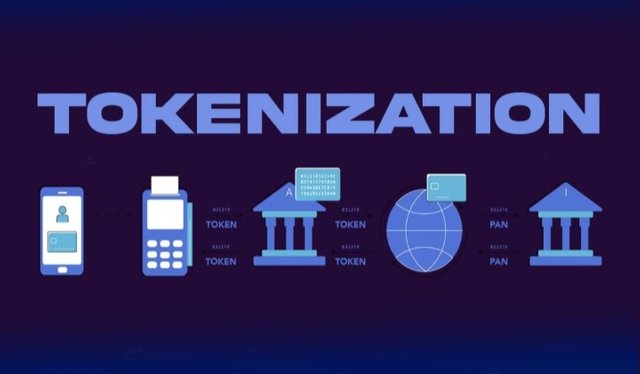A £600M Bitcoin Lost to Landfill: James Howells’ Fight and His Next Bold Move

James before court
For James Howells, a 39-year-old dad from Newport, Wales, what began as an experiment with early cryptocurrency has spiraled into a 12-year saga of ambition, heartbreak, and resilience. The IT worker-turned-crypto-pioneer made headlines with his legal battle to recover a hard drive containing Bitcoin worth an estimated £600 million—a fight that has now come to an end, but not without sparking a fresh plan to reclaim a fraction of that lost fortune.
Back in 2009, Howells was among the first miners of Bitcoin, producing 8,000 coins on his personal laptop when the cryptocurrency was little more than an online curiosity. Like many early miners, he underestimated its potential, storing the private key to his Bitcoin wallet on a 2.5-inch hard drive. Disaster struck in 2013 when his then-partner mistakenly threw the hard drive away during a clear-out.
Since then, the value of Bitcoin has soared, leaving Howells with the bitter realization that a treasure trove of wealth was buried beneath the sprawling Docksway landfill in Newport.
In a desperate bid to recover the hard drive, Howells proposed a meticulously planned excavation project, backed by investors and a team of environmental and excavation experts. The operation, projected to cost £10 million, would have taken up to three years, with remediation work planned to restore the site afterward. Howells even sweetened the deal by offering Newport Council 10% of the Bitcoin's value if recovered.
Despite these efforts, Newport City Council refused, citing environmental risks, regulatory hurdles, and the potential for setting a troubling precedent. Last year, Howells took the council to the High Court, seeking either permission to dig or damages of £495 million.

James after court
Judge Keyser KC dismissed the claim, ruling that the council’s refusal was justified and that Howells’ case had “no realistic prospect” of success at trial. In his judgment, the judge pointed out the "obvious practical reasons" for declining such an excavation, including the logistical and environmental challenges.
However, one key takeaway has given Howells a glimmer of hope: the court acknowledged that while the council owns the physical hard drive, the Bitcoin remains his legal property.
Rather than dwell on the court’s decision, Howells has shifted gears toward an innovative solution. Drawing inspiration from financial history, he plans to tokenize his inaccessible Bitcoin into a new cryptocurrency, tentatively called "James Coin."
The concept is straightforward yet groundbreaking. Howells likens it to the days when gold reserves backed banknotes. “The landfill acts like a super-secure vault,” he explained. The Bitcoin, still buried and inaccessible, would serve as backing for James Coin, which could be traded on the market. Its value would mirror the price of Bitcoin, rising and falling in tandem.
Tokenizing the Bitcoin would require legal confirmation of his ownership—a process that is still underway. While this plan wouldn’t restore his full £600 million wealth, it represents a fresh start and a chance to capitalize on what remains an extraordinary situation.

Howells is optimistic that his tokenization plan could come to fruition within a year. “This is a small win,” he admitted, “but it allows me to do something proactive instead of simply staring at the Bitcoin I can’t access.”
The potential name "Ceiniog Coin" reflects Howells’ Welsh heritage, with "ceiniog" meaning penny—the smallest unit of Welsh currency in the past. Though some have humorously suggested “Bin Coin,” Howells is focused on creating a currency that’s serious, secure, and tied to his unique story.
Howells’ decade-long quest has been more than a personal endeavor—it has sparked debates about cryptocurrency, waste management, and the legal complexities of ownership. Despite the disappointment of the court’s ruling, his drive to innovate and adapt remains undeterred.
For now, the Bitcoin will stay in its unlikely resting place beneath the Newport landfill. But with James Howells’ new vision, this tale of lost treasure might just lead to the birth of something extraordinary.
